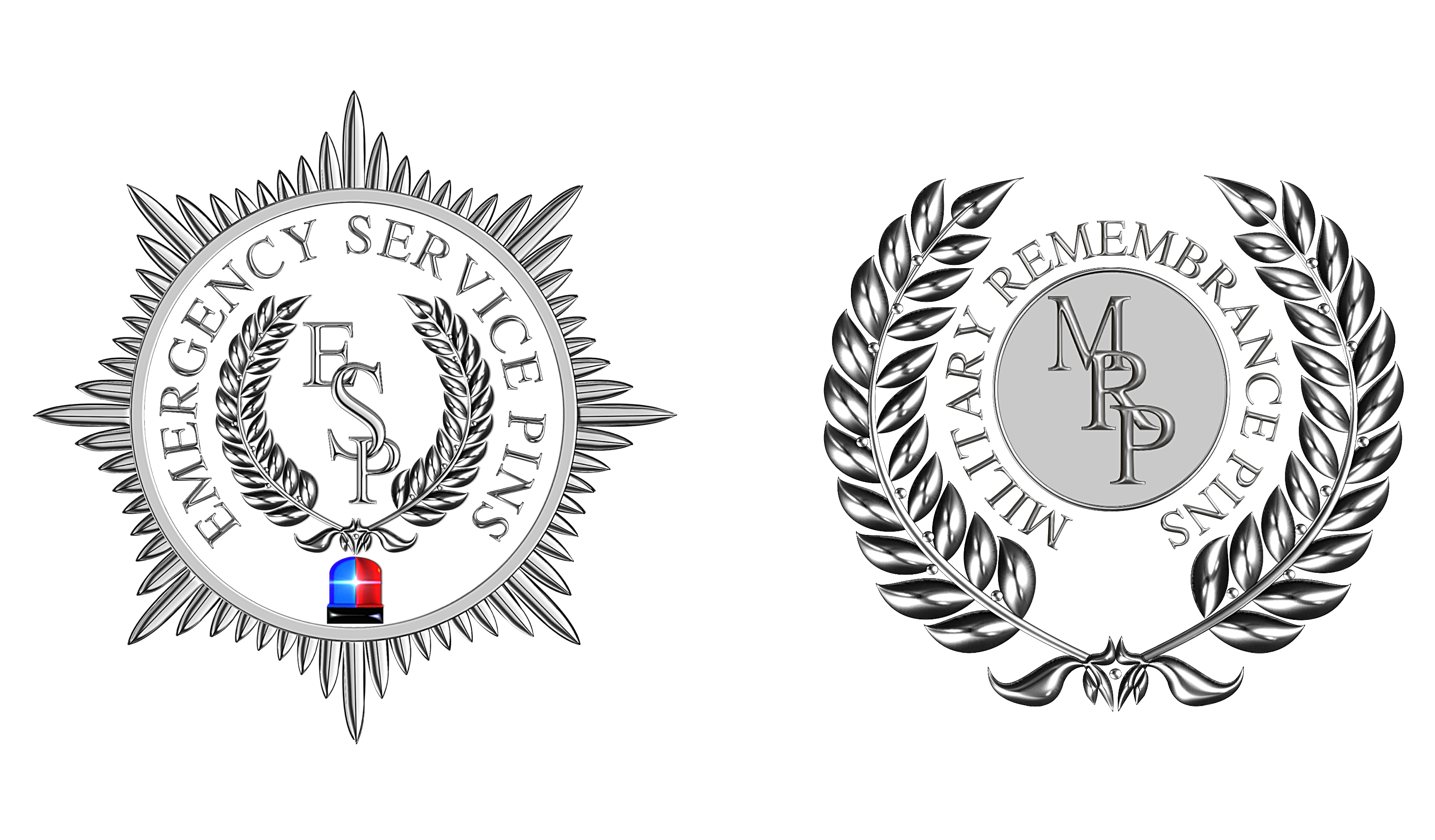Royal Welsh Fusiliers Remembrance Flower Lapel Pin
***LAST 4***
ONCE SOLD NEVER TO BE REPRODUCED
Wear this RW Fusiliers Pin with pride at any time of the year not just Remembrance Week.
Made with High quality metals and enamels.
2 x Rear Rubber Pin Fasteners.
Size: 35mm
Worldwide postage will be added at checkout for your country destination. Using the current Royal Mail Standard Delivery Tariffs. Tracked & Signed options are available
Why not purchase a pack of Spring Loaded Chrome Pin Savers, never lose another lapel pin. Very secure. Then keep safe in one of our presentation/storage boxes. (Click On The Images)
The Royal Welch Fusiliers was a line infantry regiment of the British Army, part of the Prince of Wales' Division. It was founded in 1689 to oppose James II and to take part in the imminent war with France. The regiment was numbered as the 23rd Regiment of Foot, though it was one of the first regiments to be granted the honour of a fusilier title and so was known as The Welch Regiment of Fusiliers from 1702. The "Royal" accolade was earned fighting in the War of the Spanish Succession in 1713.
It was one of the oldest infantry regiments in the British Army, hence the continued use of the archaic spelling of the word Welchinstead of Welsh, and also historically Fuzileers instead of Fusiliers; these archaic spellings were engraved on swords the regiment carried during Napoleonic times.[1] In the Boer War and throughout the First World War, the army officially called the regiment "The Royal Welsh Fusiliers", but the archaic "Welch" was officially restored to the regiment's title in 1920 under Army Order No.56. During those decades, the regiment nevertheless had continued to informally use the unofficial "Welch" form. The regiment was amalgamated with the Royal Regiment of Wales (RRW) on 1 March 2006, to become the 1st Battalion, Royal Welsh (RRW becoming the 2nd Battalion).
Historically, the regiment primarily recruited from North Wales.[2] It should not be confused with the Welch Regiment, which recruited from South and West Wales.






